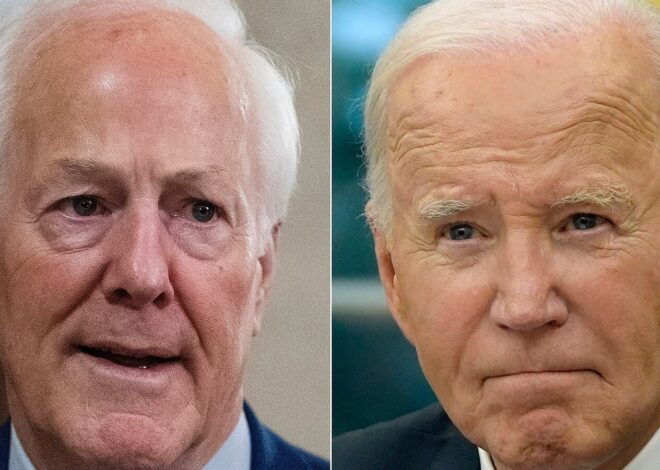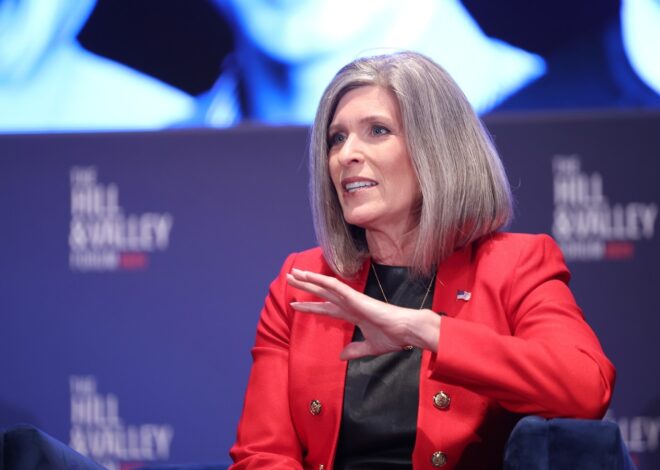
Navy Changes Stance on DEI Book Ban Following Pentagon Evaluation
A Shifting Library Landscape
Maybe this is how shifts happen, almost without notice. One day, shelves are bare; the next, they’re full again. The U.S. Naval Academy recently saw a whirlwind of book removals and returns, all wrapped up in the bigger conversation about diversity, equity, and inclusion (DEI) within military educational institutions.
Of the 381 titles initially deemed unfit for the academy’s library, only about 20 remained under scrutiny after the Pentagon’s review. Perhaps it’s surprising, or maybe it was expected, given the evolving criteria that led to the initial decision. This dramatic reversal stems from a standardized list of search terms set forth by the Pentagon on May 9. Books that touched on sensitive topics like race, gender, and identity were pulled for further review using these terms.
The Navy, at first, had its own approach to identifying problematic titles. It marked well-known works, including Maya Angelou’s “I Know Why the Caged Bird Sings” and Ibram X. Kendi’s “How to Be an Antiracist,” as needing further scrutiny. Yet when the new guidelines were applied, most of these works found their way back to the shelves, much to the relief of many who see these books as vital educational resources.
Cmdr. Tim Hawkins, speaking for the Navy, noted the comprehensive effort to align with directives from both the President and the Department of Defense. The focus was on ensuring that library collections didn’t conflict with the military’s core mission. In this delicate balance, the Navy has worked to ensure that potentially contentious materials are isolated while awaiting formal review.
This isn’t just a Naval affair. Other military branches like the Air Force and Army are navigating similar challenges. The Air Force, for instance, has also pulled a number of titles for review across its institutions, including the Air Force Academy. While the Army’s exact numbers remain a bit of a mystery, the trend across the services is clear.
The Pentagon memo tying back to a Trump-era executive order, emphasizes the removal of DEI programs. This directive has rippled through various military-run academic institutions, sparking debates and perhaps, some confusion.
For more context on how these changes are part of broader military policy shifts, you might find this BBC article informative.
In the end, maybe it’s not just about the books, but the underlying tensions between preserving educational freedom and maintaining a certain mission-focused ethos. The story of these books-removed and returned-hints at deeper currents within the military’s educational philosophy and the evolving landscape of what stories are deemed fit for the shelves. Perhaps, as more reviews unfold, the narrative will continue to twist and turn.



